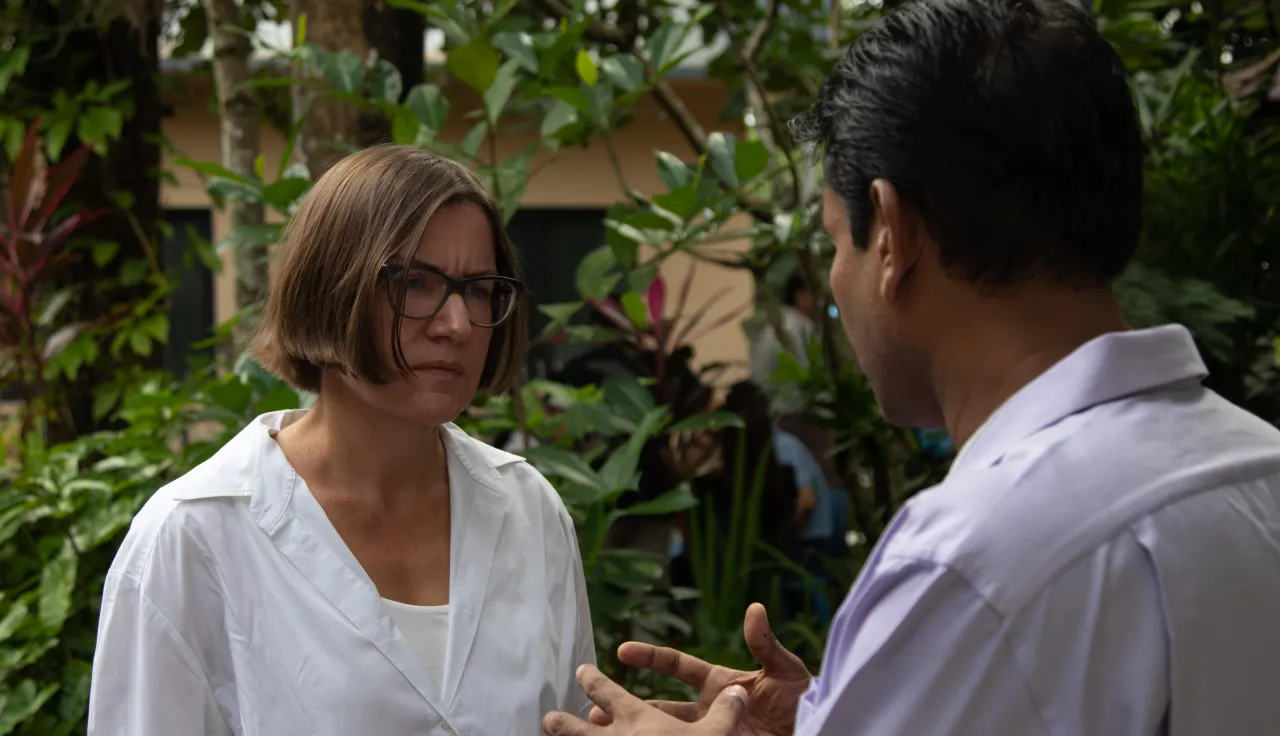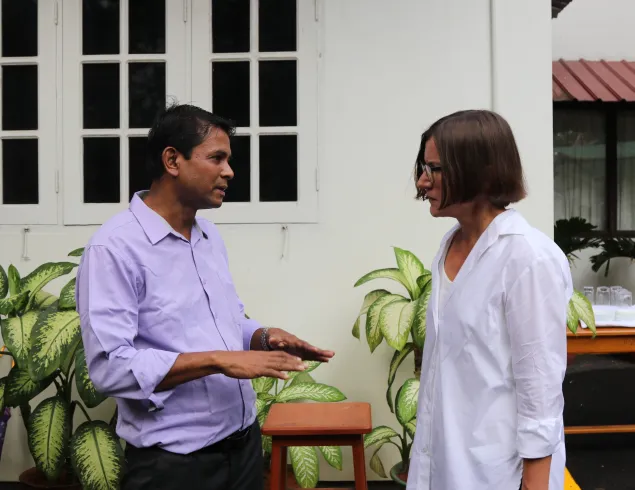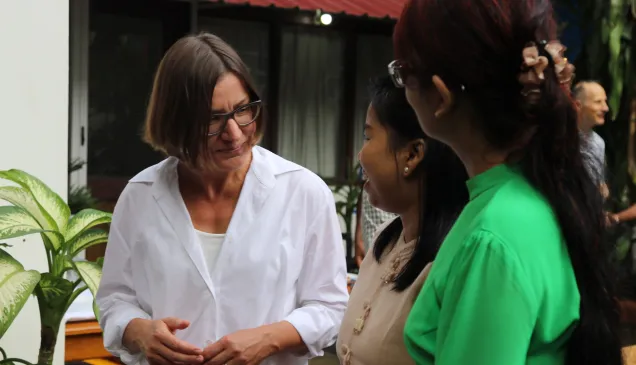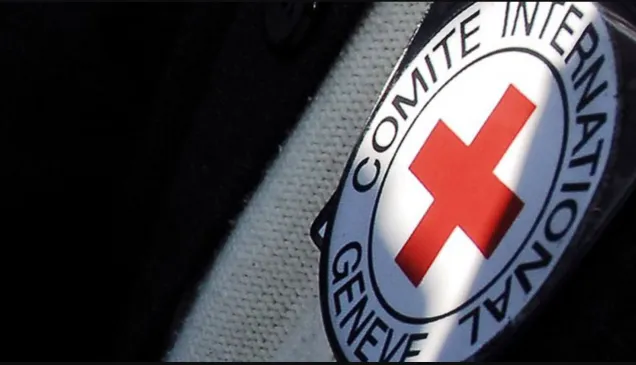Communities in conflict-affected areas face severe challenges accessing health care, sanitation, clean water, food, and shelter. The breakdown of healthcare services is leading to a rise in preventable diseases, while a lack of medical supplies is worsening the suffering of the wounded and chronically ill. The ongoing violence has forced thousands of families to flee their homes, often with nothing but the clothes on their backs.
At the end of her visit, the ICRC President appealed for greater humanitarian access to civilians in need across the country. She visited Rakhine State to witness firsthand the dire humanitarian needs.
“Many families in Myanmar are going without basic medicines and health care, face food shortages and have limited access to clean water and sanitation. They live with the fear of conflict and violence. The disruption of livelihoods is leaving countless people without the means to sustain themselves,” said President Spoljaric.
The regular use of high impact, explosive weapons has been observed in many populated areas, leading to a worrying increase in civilian casualties. In addition, restrictions on the movement of people and goods limit access to essential services for many communities in a shrinking humanitarian space.
During her meeting with the Senior General Min Aung Hlaing, Chairman of the State Administration Council of Myanmar, Ms Spoljaric spoke about the ICRC's intention and ability to increase humanitarian assistance as she advocated for greater access to conflict-affected areas. She also underscored the ICRC's neutral role and goal of reaching populations most in need.
Despite the difficult challenges, ICRC teams remain committed to reaching and supporting the most vulnerable communities, particularly in Shan, Kachin, Rakhine, central Myanmar, and conflict-affected areas in Chin, Kayah, and Kayin States.
“The ICRC’s determination to assist the people of Myanmar is unwavering,” said President Spoljaric, who reaffirmed the organization’s commitment to addressing the most urgent humanitarian needs in the country. “We are engaging in a bilateral and confidential dialogue with all actors to the conflict to remind them of their obligation to respect international humanitarian law and ensure the safety of civilians and humanitarian actors.”






